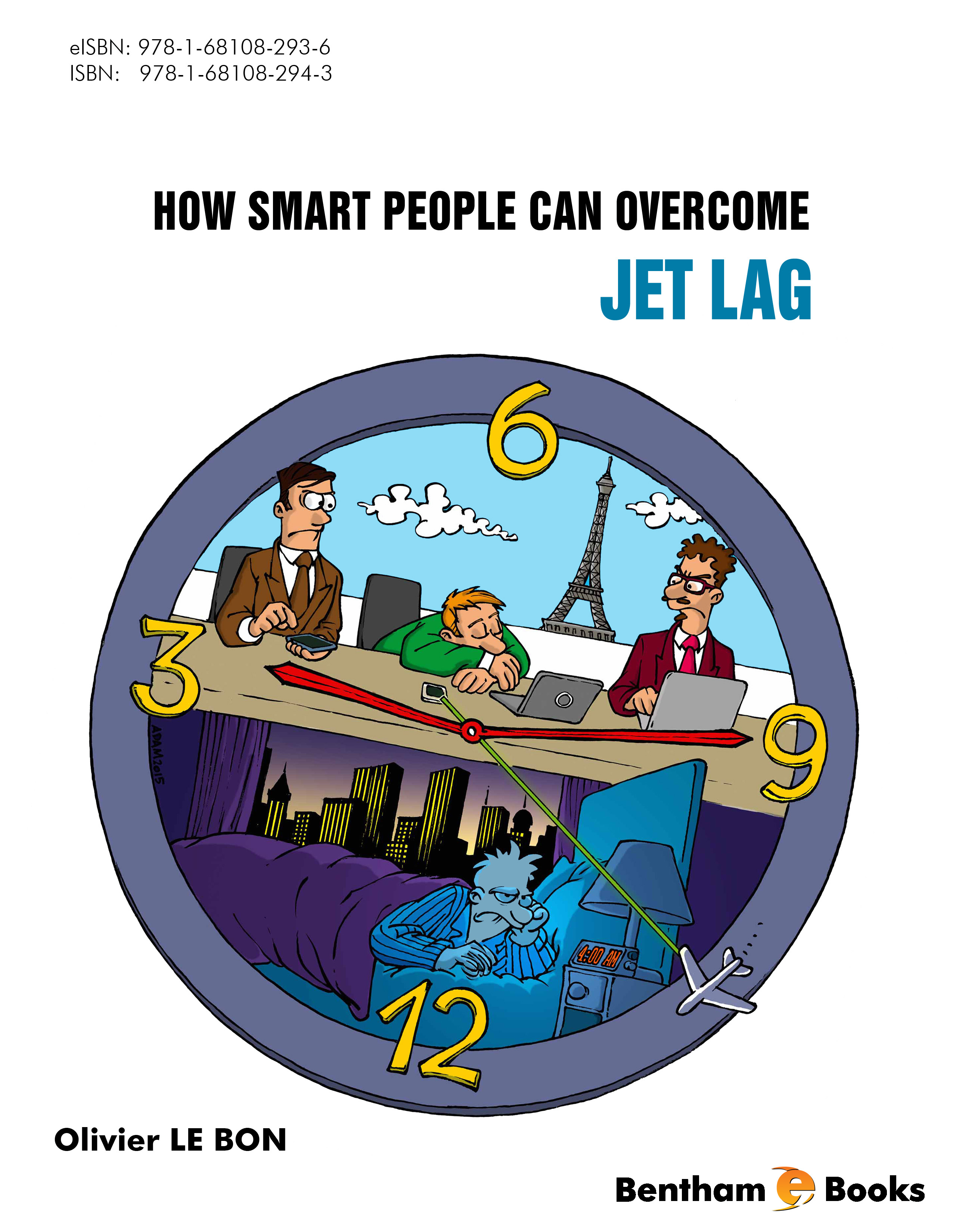Foreword
As a smart person, would you be prepared to waste some of your precious time or take certain
risks just for a business trip? Would you be prepared to put up with sleep deprivation, and be
less efficient during an important meeting or a crucial financial transaction and thereby run
the risk of losing huge amounts of money? Would you be prepared to give up your days off in
a delightful place for the simple reason that there is a significant time difference between your
hometown and your holiday destination? Of course not!
In that case you would (almost) be ready to try out anything to overcome or at least to
alleviate the symptoms brought on by jet lag. The problem is knowing which is the best and
safest method to use.
When Professor LE BON asked me to write this foreword, I was a little puzzled. The use of the
Pharmacopeia is the domain of specialists and requires many precautions. If someone is ready
to assume the responsibility for potential health risks, and you give him what he requires in
the form of a ready-made recipe, even with all the necessary explanations and regardless of
his intelligence, he runs a risk.
An interesting comparison can be made between military operations and civilian activities. It
is common in military operations to be faced with situations such as sleep deprivation, fatigue
(both physical and cognitive), changes in biological rhythms, reduced performance and stress.
In these circumstances, solutions have been prepared, and in each country, rules have been
established which provide safe measures for soldiers to combat these conditions. The problem
is very simple: one must find a balance between, on the one hand, an assessment of the risk –
and ultimately that of death (for example, taking a pill which will makes the person realise the
very dangerous situation he is in), and on the other hand, a reasonable risk from the side
effects linked to a controlled form of medication. In a war situation, decisions often have to be
taken very quickly. In civilian activities, the stakes are not the same: it is not a life-or-death
situation but simply a problem of efficiency related to the patient’s health in the short- or
long-term. As a doctor, I cannot approve this use of medication. The cure must not be worse
than the disease.
Nevertheless, scientific progress helps us to deal with new situations which do not incur great
risks. I think that every person should be responsible for their own health and act according to
their own ethics. However, to be able to take these kinds of decisions, people must be wellinformed
and be provided with comprehensive information. Those concerned should know
precisely the risks associated with the actions which have been recommended. They should
also know themselves inside-out. In the army, soldiers tend to be young, in very good physical shape, and used to a heavy workload. Smart people may be young or old, with or
without metabolic or any other disease which may hinder their recovery. Each person ought to
recognise his own vulnerabilities in the face of environmental constraints and act accordingly.
This is the first book to detail the different measures smart people who are subject to the
effects of jet lag can take to alleviate it. Twenty-three different situations are outlined in this
book, one for every time-zone, as well as the options which are suggested to help to find the
safest and most efficient solution. I think that this book is a new and original contribution in
the struggle against jet lag.
I wish this book every success in the hope that it will be used reasonably by smart people.
Major-general (2°S) Didier Lagarde
French Forces Biomedical Research Institute
France

